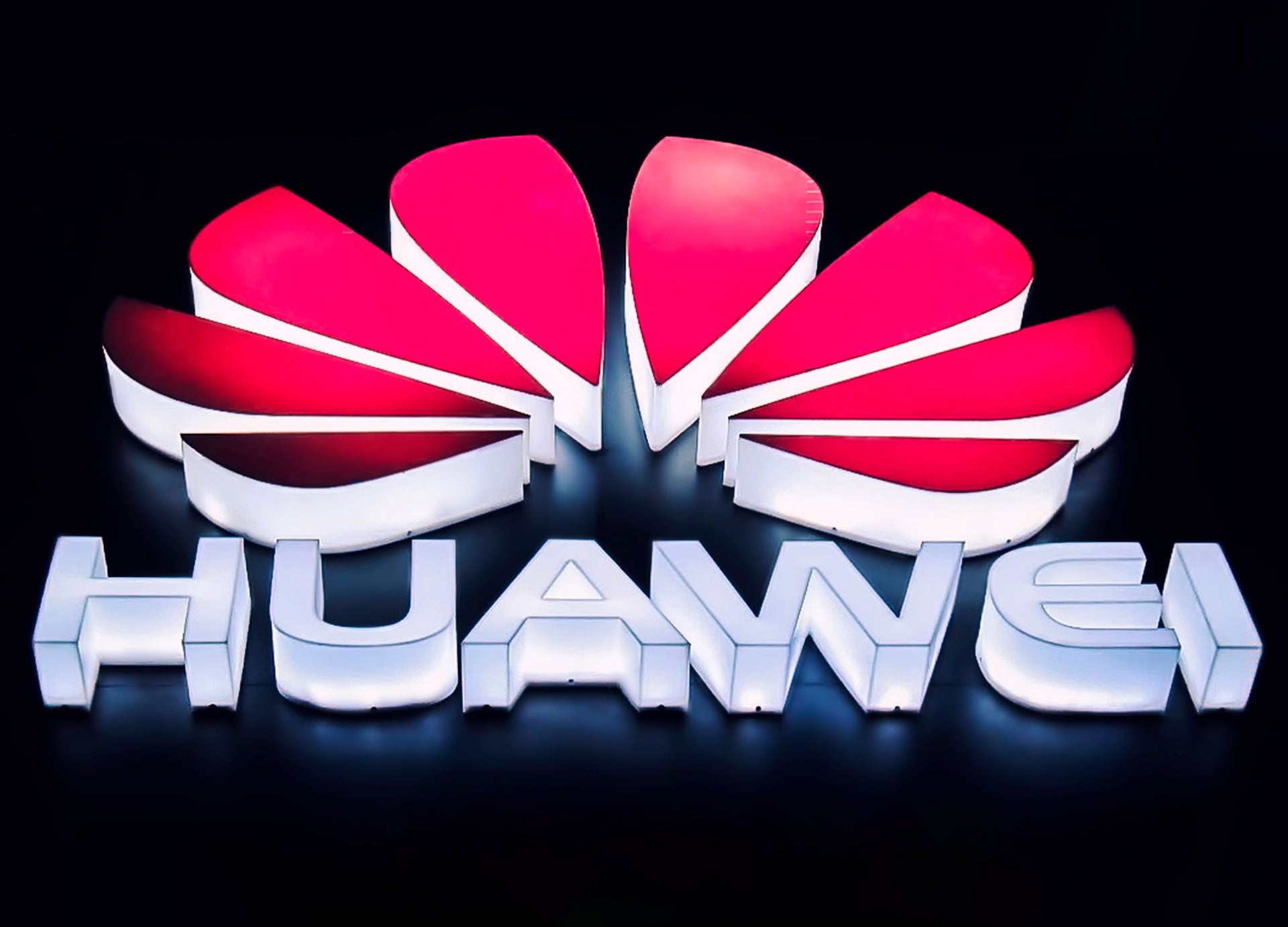
Those with long-ish memories will recall that a lifetime, a government and a parliament ago, the National Security Council (NSC) recommended that Huawei technology be allowed into the non-core aspects of the UK’s 5G network.
After many noises off, an unprecedented leak and a Cabinet sacking, the end of one regime and the start of another, an election and a resounding victory for a Trump-friendly candidate, the UK government has decided to allow Huawei technology into the non-core aspects of the UK’s 5G networks.

Access deeper industry intelligence
Experience unmatched clarity with a single platform that combines unique data, AI, and human expertise.
Good – it’s the right decision. Firstly, the UK’s security apparatus – quite possibly the most conservative and risk-averse of all the machineries of government – reported that the Huawei risk was manageable.
Second, the mitigations used to enable that risk management – including the Huawei cell in Banbury – must make Huawei one of the most scrutinised companies in the world.
Thirdly, there is no hard evidence of any espionage using Huawei technology, globally, and Huawei senior figures have made this point again and again and again. I hear you – no surprise – but go back to number one; the UK’s security apparatus believes the risk can be managed. What more do we need?
The Trump factor
Welcome as it is, this is a decision with some surprises in it. The new, Trump-friendly government is riding a strong political mandate but that is based on Brexit and almost all economists expect the UK’s economy to take a Brexit hit. One saviour could be a big – some might say huge and beautiful – trade deal with the US.

US Tariffs are shifting - will you react or anticipate?
Don’t let policy changes catch you off guard. Stay proactive with real-time data and expert analysis.
By GlobalDataThat just got much harder. The US is risk-averse when it comes to Huawei and has pleaded with the British government to not allow the Chinese company inside the tent, even threatening the Five Eyes intelligence-sharing agreements.
Going against that is brave, for sure. Especially as this president might be said to bear something of a grudge. It is also unusual for a government to put off a decision and then end up not changing it; it’s maybe a U-U turn and just not something governments do. Well, this one has and directly in the face of its new best friend and most important international ally.
Limited 5G choice
Why might that be? 5G suppliers are few and far between – there are no British or US suppliers, and globally only Nokia, Ericson, ZTE and Huawei are serious players. Of these, ZTE is also Chinese (ahem) and Nokia and Ericson are expensive and, some say, less well-proven.
The truth is, Huawei makes the best technology at the best price. Take away the Chinese nationality and not using Huawei would seem perverse. Furthermore, the UK’s 4G network runs on Huawei already. Those strange green boxes dotted all over our towns, cities and increasingly the countryside, contain large quantities of Huawei technology.
5G doesn’t replace 4G, it builds upon it. Only by ripping these and more out could we hope to comply. 5G would be set back by years, with strategic economic damage (cf Brexit, above).
What ‘non-core’ means for espionage
It might be worth looking at, and considering, what non-core means in 5G. Or, indeed, in 4G. Over-simply put, it’s the difference between local and national access.
In espionage terms, non-core technology could potentially (if it were clever enough, and there are doubts as to whether this is) be used to spy on a small number of mobile phones, whilst “core espionage” would give potential national access to the whole network. The first is perhaps irritating, whilst the second is strategic.
Managing Huawei 5G risk
This strange affair has some upside. The Chinese is in some ways a hostile state, and like all Chinese companies it is hard to force a distinction between Huawei and the Chinese state.
There is risk in using Huawei – the point is managing it. Already heavily monitored (for goodness sake, decisions about Huawei reach the Cabinet!) and managed, Huawei can expect to see that scrutiny only increase. The NCSC, whilst reporting that the espionage risk from Huawei was manageable, has also said that Huawei’s cybersecurity practices were poor and needed work.
The last few months might well (should) lead to them beginning to address these issues (and to be fair they have said they will, although in the less fair category of retorts we have heard that from them before). This time, the scrutiny, headlines, delays and loss of revenue should prevent that happening again.
A good, surprising decision. Now we must wait to see what the Trump administration will do. Put another way, whither the Five Eyes? We can read about it off our new, all-powerful and super-fast 5G phones.
Read more: Huawei 5G in the UK: Public divided over trustworthiness of Chinese tech giant







